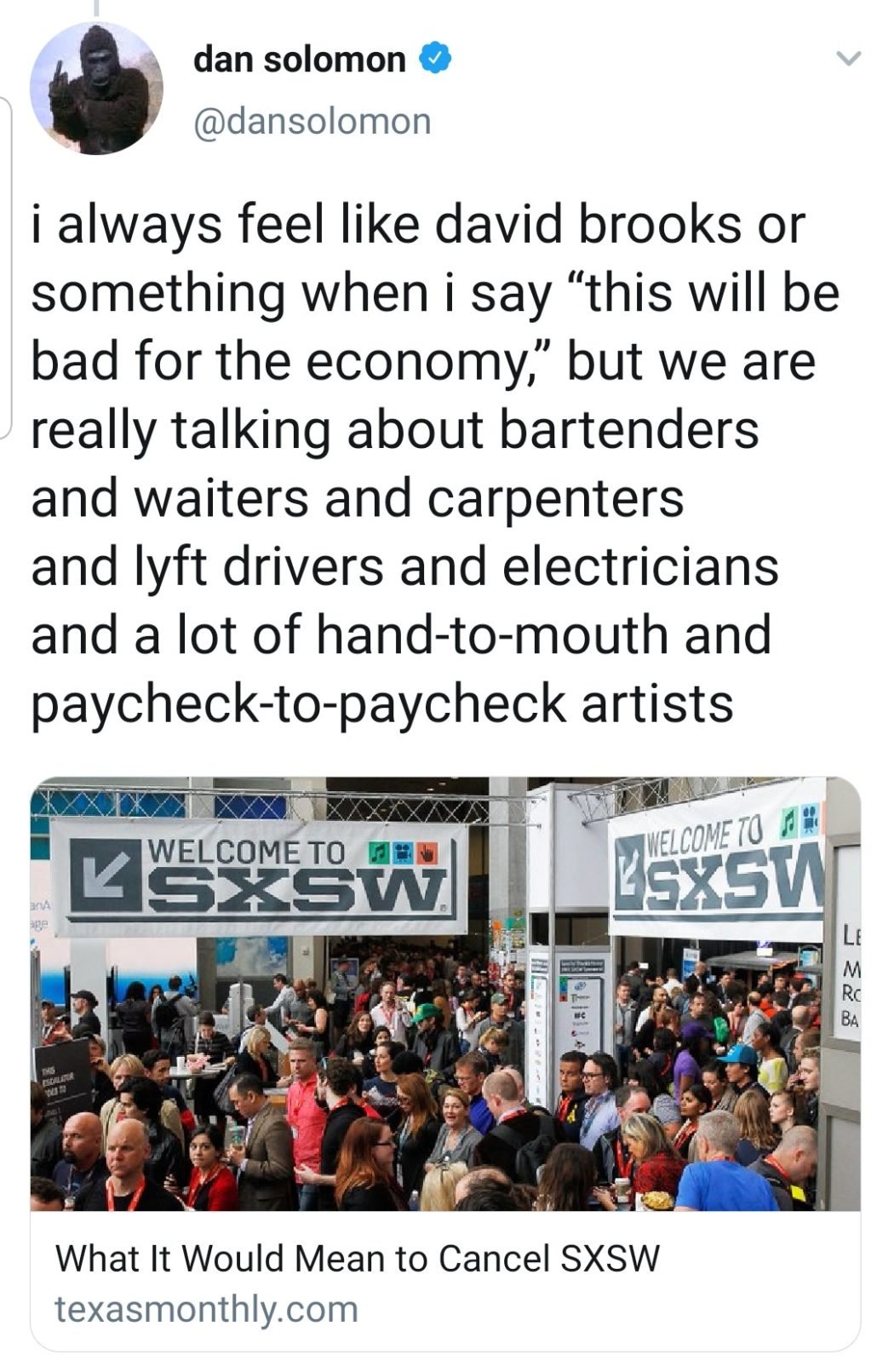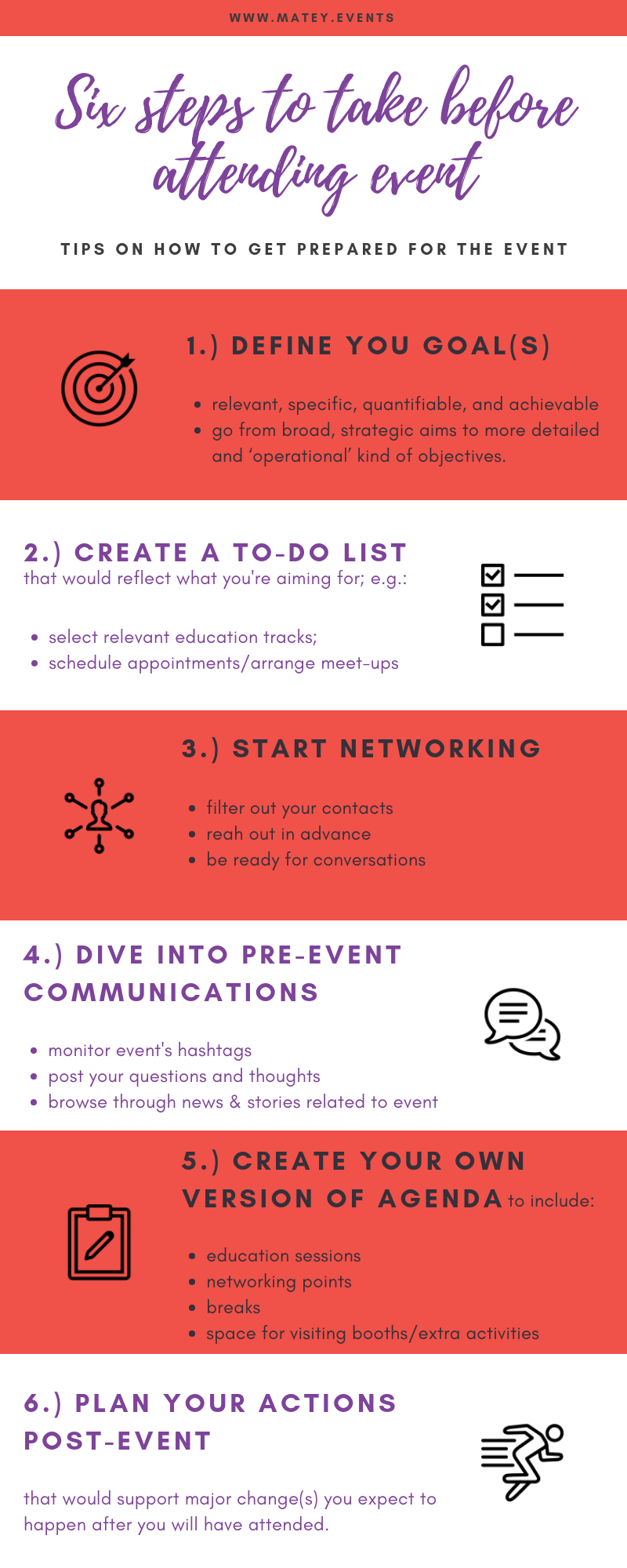Event Planner Tips 6
Live vs Virtual event amongst coronavirus outbreak: how framing can help us with this dilemma
Over the past couple of weeks we’ve seen large events cancelled or postponed indefinitely during the coronavirus outbreak, and most likely we’re going to see more of such cases in the near term. I think no need to describe how challenging the times are for the events industry and – given how huge its economic and social impact of just one event can be – basically, for everybody else. I find this tweet very telling.

There are many things that we as industry are discussing now. I recently sat with Attendify team to discuss some actionable tips from event psychology perspective, and one of the things we talked about was transition from a live event to a virtual version and some obvious practical challenges for such rapid and imposed change. I’d like to elaborate more on one of the points I made during that discussion, namely – our perception of such change. Although to a large extent it’s true virtual can not replace live, I believe we should really re-consider how we think about it – and here is where behavioral science can help us understand how.
(more…)3 things that make Toolkit event memorable
I attended the first edition of Toolkit event yesterday, and would like to share 3 things that are, among others, to make it memorable for attendees. As you can imagine – all 3 are rooted in science.

Dare to Be Different [with your event design]
How one psychological experiment and your event design are linked
What’s it all about with ‘dare to be different’ when it comes to event design? Let me tell you about an infamous experiment that Hedwigg von Restorff did in 1933; she discovered an effect which was eventually named after her (“von Restorff effect” or “isolation” effect). She handed participants of the study a sheet of paper with sets of letters on it. It was completely random sets of three letters each, which at some point included a set of numbers. So it looked like that:
bgu, dwa, pkl, 396, yft, jyo
And then she asked them to recall the items.
An amazing finding of the study (which has since been widely leveraged) was that people were much more likely to remember the items that were different from the rest (in this case it was a set of three numbers, but further research showed that is true for whatever stands out).
What we can learn from it
That made me think that oftentimes, when planning an event, we copy what others do. We don’t dare to be different. I guess the reasons are a) we follow the trends b) we want to improve our own event by implementing the best practices c) we fall victim to status-quo: if something has proved to be working well, why change that?
And it seems to be reasonable – at least, two of the reasons are pretty justifiable. Yet, the isolation effect shows us that to really stand out and get stick in one’s memory – which is the primary reason why attendees would come back to your event – we don’t need to be exactly better than competitors. While fine-tuning and improving event design is no doubt what we want to pursue, to make a difference we would need to do something differently. Musical keynote? Fascinatingly weird topics? Stunning concept? Leveraging event psychology tools to provide a lasting impact? There are many ways to get in the spotlight and most important, stay there. As Sally Hogshead famously put it, ‘different is better than better’.
In the context of our industry – I’d say, the goal is not to get better in designing events, but to do it differently.
Would you dare to be different?

IMEX: Six Steps to Take Before Attending Event
In my today’s post I am going to practice what I preach. With IMEX America I am attending in 2 weeks, I thought I would use this occasion to illustrate my tips on how to get prepared for the event. Attending events as large and intense as IMEX can feel both exciting and overwhelming, and it definitely pays off spending some time to structure your thoughts and plans for the actual experience to be more productive and relaxed. Here is a checklist of what to do before the event; read more to see my accompanying notes and examples. (more…)
(more…)
How WEC2018 is a great visualisation for current event trends
Analysing event’s website is one of the key elements in my event review. I believe event website is a hallmark which can (or cannot) tell a whole lot about the event. Often there are similar questions raised around what should be there on a conference’s or forum’s website. So recently I’ve come across WEC2018 and found it a perfect reference to share with you. Not is it only an example of how to present and structure event information. It surprisingly came as a visual aid for event design trends. See for yourself.
Russian Sponsorship Forum-2015
In December we’ve got some remarkable event held in Moscow – the Russian Sponsorship Forum. Why I think it is remarkable? Well, first and most of all because it is the first of its kind in Russia. Surely, long sought after, as partners are key element for the majority of projects. And events.
(more…)
Event Psychology Club
Online Course
What my clients and partners say
What If I Told You..? Event Psychology podcast
2018 ChangeMaker

Victoria Matey has been chosen as 2018 ChangeMaker by MeetingsNet
Top 100 Smart Women in Meetings

Victoria Matey has been named to the Top100 Smart Women in Meetings 2018.
Recent Posts
- Featured In
- Less talk. More experiments, please.
- 3 science-backed tips for effective event networking
- Why being imperfect can make your events thrive
- How to eliminate uncertainty and make the future of events bright(er)
- Event Analytics: How Can You Measure Emotions?
- The Anatomy of a (Effective) Pre-event Email
- 5+ Event Design Lessons for Better Engagement from Nudgestock 2021
- Science-backed tips to fight zoom fatigue at events
- 6 Behavioral Science Books Every Event Planner Should Read
Archives
Recent publications
- Featured In 20.11.2023
- Less talk. More experiments, please. 28.06.2022
- 3 science-backed tips for effective event networking 06.06.2022
- Why being imperfect can make your events thrive 21.12.2021
- How to eliminate uncertainty and make the future of events bright(er) 16.09.2021


